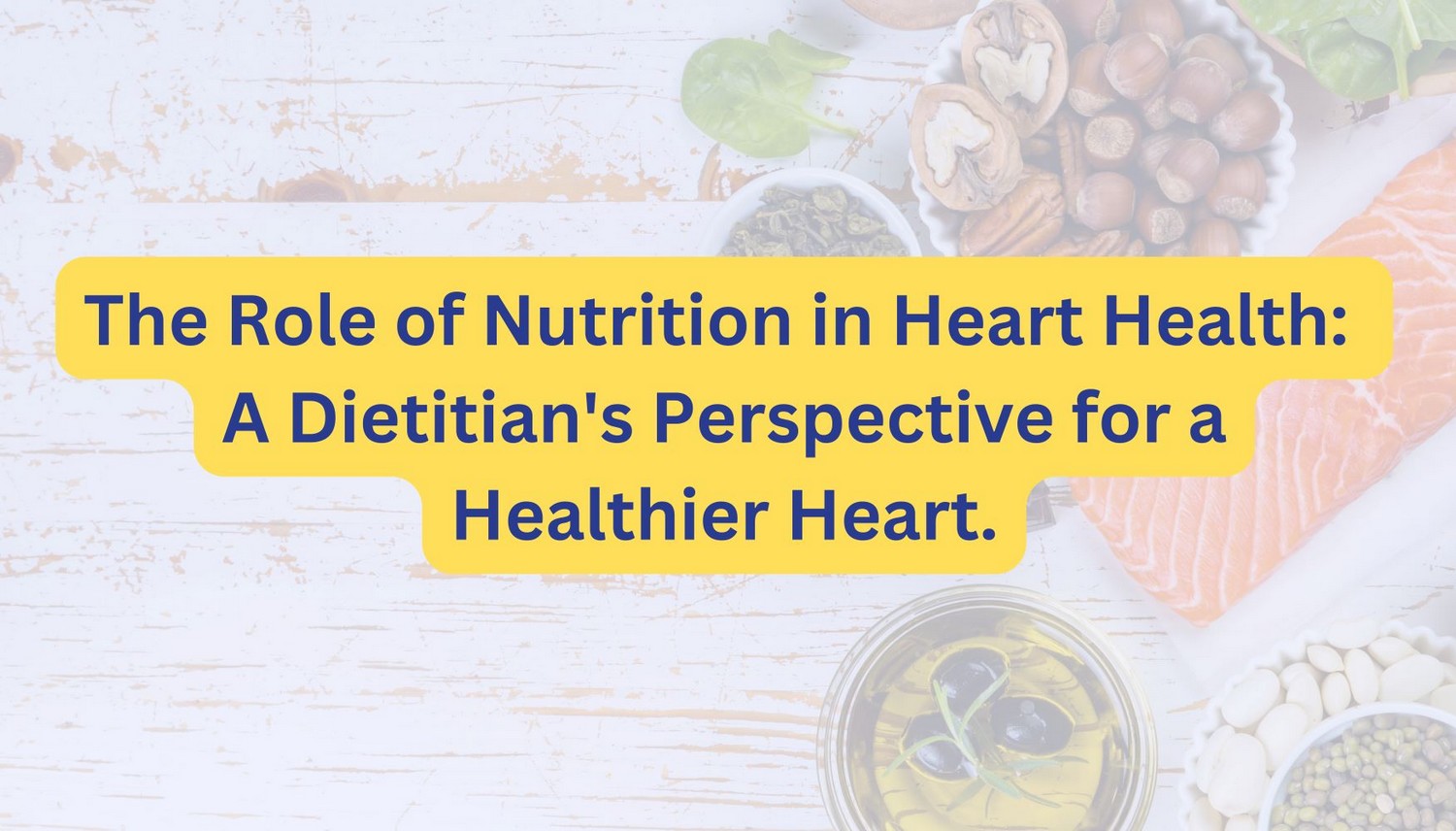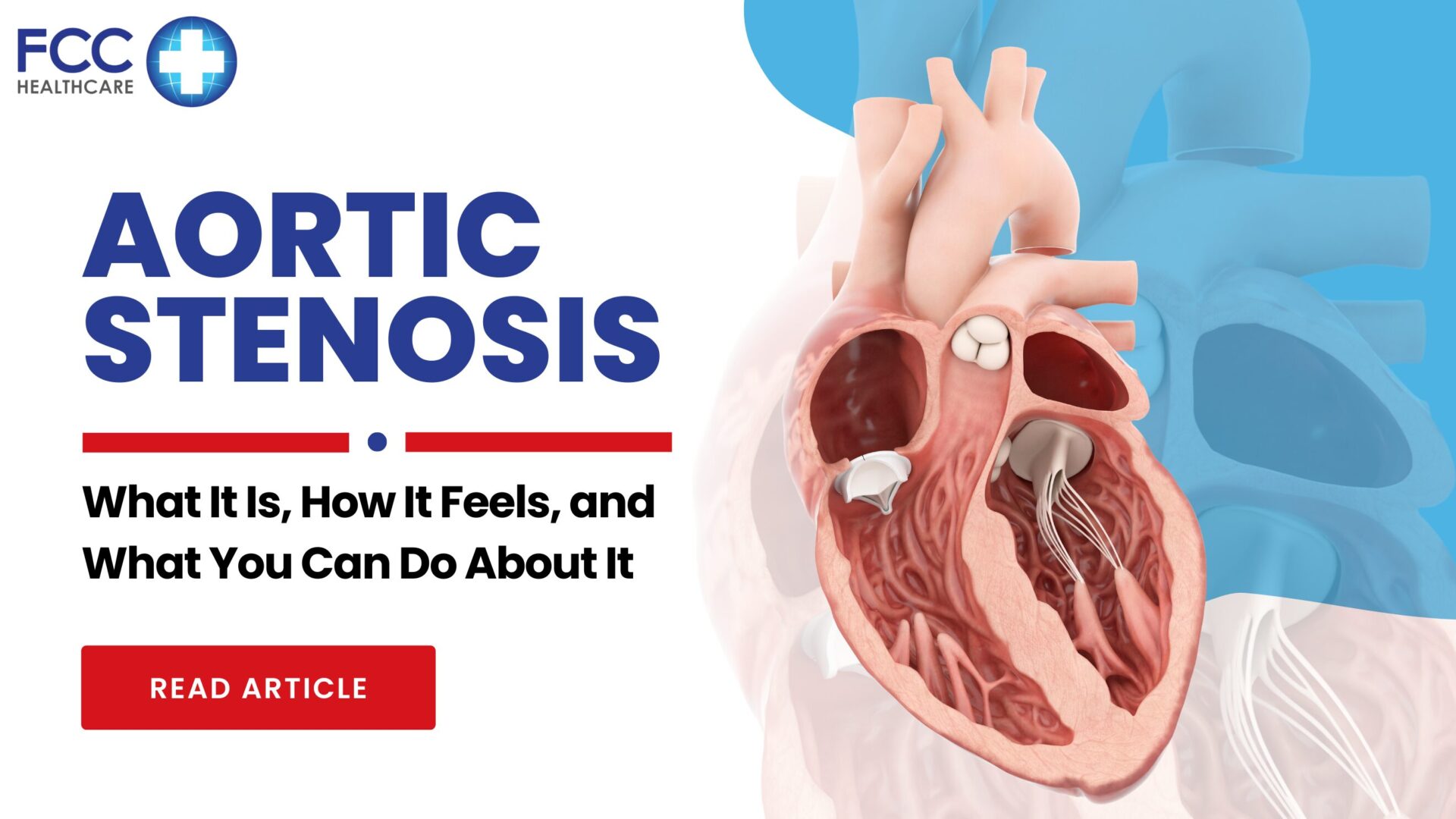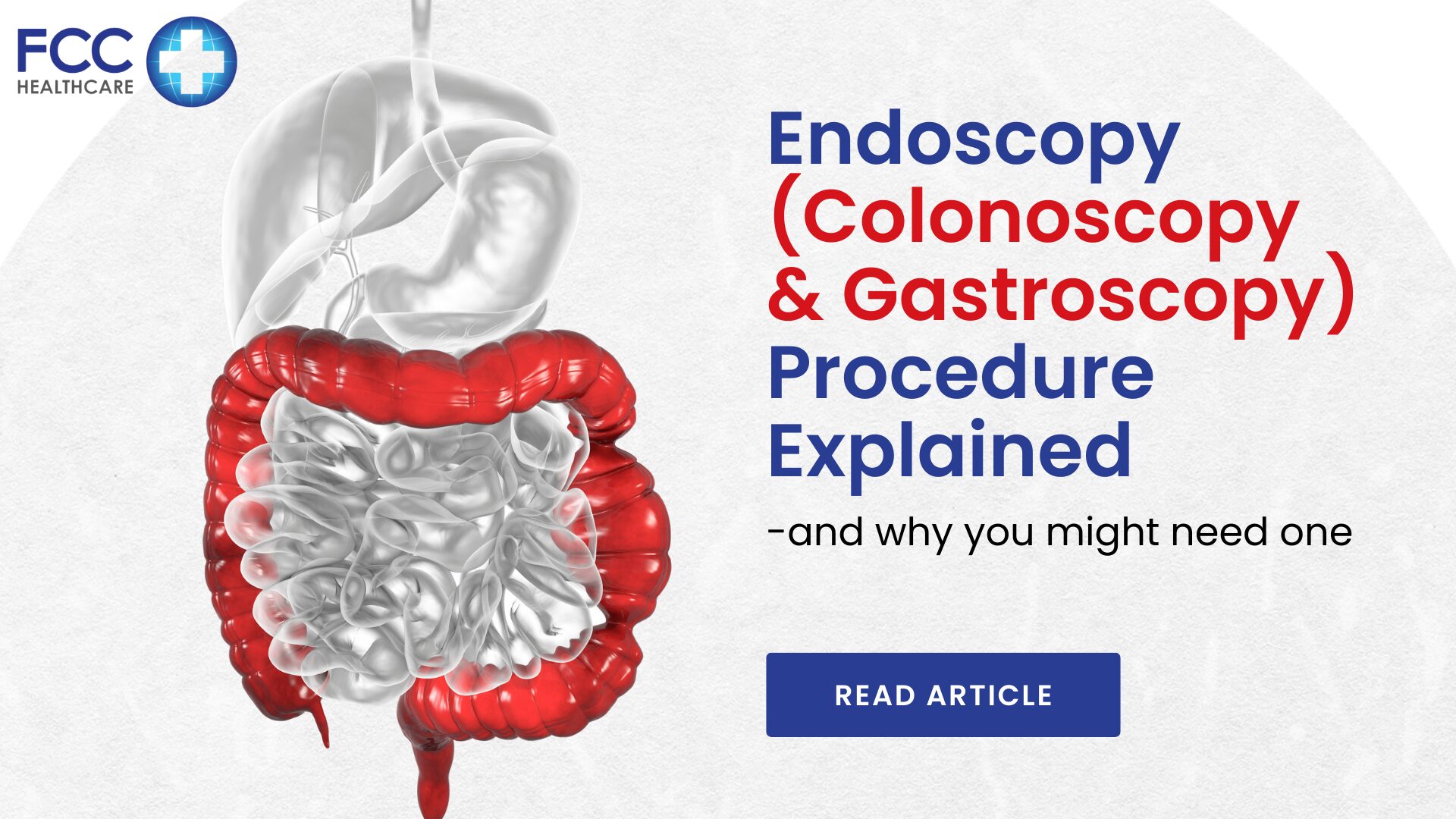Proper nutrition serves as a cornerstone for maintaining optimal heart health. The choices we make regarding the foods we consume exert a direct and profound influence on critical factors associated with our cardiovascular system. These factors encompass blood pressure regulation, cholesterol levels, inflammatory responses, and several other physiological processes integral to heart function and well-being. A well-balanced diet, comprising a judicious selection of essential nutrients, vitamins, minerals, and macronutrients, is paramount in its potential to mitigate the risk of heart diseases and their potential complications. By adhering to a diet that is carefully structured to meet the specific nutritional requirements of the heart and circulatory system, individuals can not only avert potential cardiac ailments but also promote an enhancement in the overall functionality of the heart.
Through strategic dietary choices that prioritize heart-healthy elements and restrict the consumption of harmful components, individuals can effectively manage and reduce the risk of developing cardiovascular conditions. This proactive approach to nutrition, combined with regular physical activity and a health-conscious lifestyle, sets the foundation for a robust cardiovascular system, ultimately leading to a longer, healthier life.


Tips for a Heart-Healthy Diet
- Adopt a Mediterranean Diet
The Mediterranean diet, rich in fruits, vegetables, whole grains, and olive oil, is associated with a lower risk of heart disease. It emphasizes healthy fats, lean proteins, and plenty of fiber. - Reduce Sodium Intake
Excessive sodium consumption can lead to high blood pressure and other cardiovascular issues. Opt for low-sodium alternatives and limit processed foods. - Monitor Portion Sizes
Controlling portion sizes can help manage weight and prevent overeating, contributing to a healthier heart. - Customized Nutrition Plans
Consulting with a registered dietitian can provide personalized nutrition plans tailored to your unique health needs and goals. Whether you’re managing an existing heart condition or aiming to prevent one, a dietitian can guide you in making optimal dietary choices.
In essence, nutrition plays a pivotal role in maintaining a healthy heart and reducing the risk of heart-related ailments. By understanding the impact of specific nutrients and adopting a heart-healthy diet, you can proactively take charge of your heart health. For personalized advice and guidance on crafting a nutrition plan suited to your needs, reach out to our dedicated team of experts at FCC Healthcare. Your heart health is our priority!




